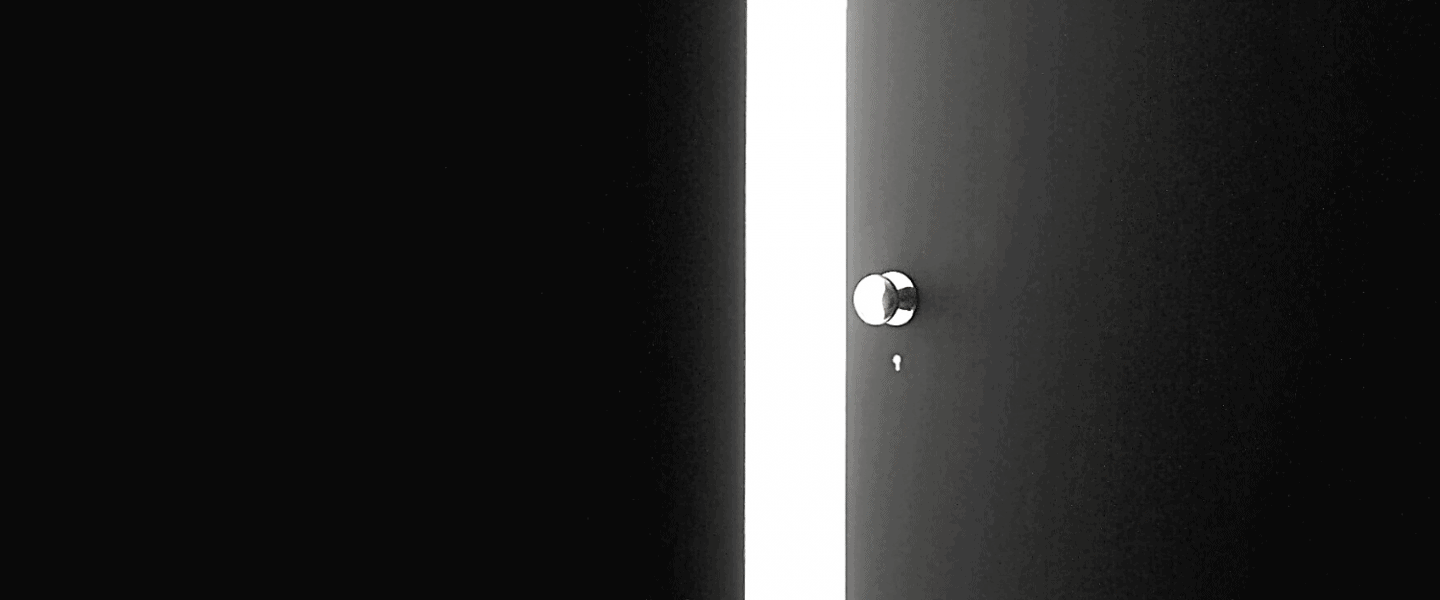Learned helplessness is perhaps something we have all experienced in one way or another. In this week’s episode, we look at what this means and how to discover or rediscover one’s capacity.
According to Psychology Today, “Learned helplessness occurs when an individual continuously faces a negative, uncontrollable situation and stops trying to change their circumstances, even when they have the ability to do so. Learned helplessness is the opposite of self-efficacy. It is the belief that what we do ultimately does not matter, that we will be stuck in the same life patterns no matter what we think, say, or do. When we learn to view ourselves as helpless, we give away our personal power, falling to the trap of uselessness and resignation.” Does this sound familiar? Have you ever experienced this, or are you currently experiencing a sense of helplessness? I certainly have.
Generalisation from previous experiences can cause learned helplessness. This might sound like “things have always been this way, and they will always be this way”. This generalisation can be faulty because it does not distinguish between a long-lasting condition and one that is permanent. The same can be if we have been living a certain way for years. It will be hard to change but not necessarily impossible. The more we learn about learned helplessness, the less we will be trapped by it.
The thing is, we don’t need to be in captivity to behave as though we are. I watched a video of a lion that had been rescued and when it came time for him to be released into the wide-open space and experience the freedom he was born for. He walked outside of his encloser, paused, took some steps forward and sat down. Another tells the story of Elephants who are tied around the ankle by a small rope. These elephants could escape at any time, but they don’t because the same rope was used to bind them at a young age, and as they grow, they are conditioned to believe that they cannot escape, which is far from the truth! While the rope may have remained the same, the elephants had become larger in size and stronger than the rope that was once stronger than them. However, the elephants are not aware of this.
Could it possibly be that change and freedom scare us? Because it’s unfamiliar. How do we open the space of possibility that can be helpful? Here are some things to consider:
- Knowledge is power! Learned helplessness can be more common for people who have experienced repeated traumatic events such as childhood neglect and abuse or domestic violence. Knowledge can empower us and help us to understand the symptoms of what we have experienced.
- Choose to turn up! Turning up can look like small steps towards the direction we want to go instead of camping where we don’t want to be. Movement can help build confidence and momentum.
- Being kind to ourselves! Self-compassion is treating ourselves as we would someone we care about. This can look like working at developing a positive and kinder inner dialogue.
- Knowing our worth! The past can remind us of our mistakes and shortcomings, but it can also serve as a reminder of what we have achieved and our capacity. Our choices do not influence our worth; knowing our worth can influence how we choose.
- Ask for help! Sometimes there is more than one way of doing things, so let’s ask questions. A consideration may be cognitive behavioural therapy, which is also known as CBT which can help explore the origin of helplessness and addressing related behaviours.
On a finishing note, has helplessness been a part of your narrative? If it has, what is that one step forward that you can make today? Wishing you a wonderful week ahead and I look forward to meeting you here again next week. Take care
Pssst! I wonder if you have a perception of what therapy is about and if you have questions about what happens in sessions? If you do please get in touch and ask away, and I will answer them on the podcast (on a side note, you can remain anonymous). If you have a question, someone will more than likely benefit from hearing the answer.
Sources
https://www.psychologytoday.com/intl/blog/boundless/201807/getting-in-our-own-way
https://www.psychologytoday.com/au/basics/learned-helplessness


[…] Recommended Resource: Learned Helplessness […]